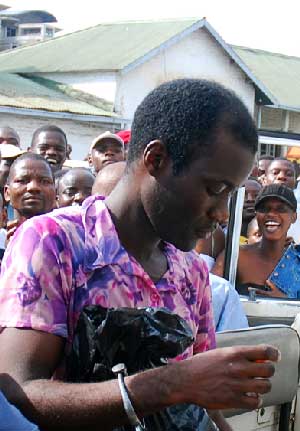 repost from the US Department of State Website
repost from the US Department of State Website
Media Note | Office of the Spokesman
Washington, DC
The Department of State is pleased to announce the introduction of a redesigned Consular Report of Birth Abroad (CRBA). The CRBA is an official record confirming that a child born overseas to a U.S. citizen parent acquired U.S. citizenship at birth. The redesigned document has state-of-the-art security features that make it extremely resistant to alterations or forgery.
CRBAs have been printed at U.S. Embassies and Consulates around the world since their introduction in 1919. Effective January 3, 2011, CRBAs will be printed at our passport facilities in Portsmouth, New Hampshire and New Orleans, Louisiana. Centralizing production and eliminating the distribution of controlled blank form stock throughout the world ensures improved uniform quality and lessens the threat of fraud.
Applications for U.S. passports and the redesigned CRBA will also use the title of “parent” as opposed to “mother” and “father.” These improvements are being made to provide a gender neutral description of a child’s parents and in recognition of different types of families.
For media inquiries regarding the CRBA, please contact CAPRESSREQUESTS@state.gov or 202-647-1488.
The revised CRBA application is available at http://www.state.gov/documents/organization/83127.pdf







